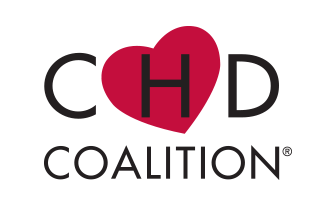FEBRUARY 2015. BUTLER, NEW JERSEY – The Congenital Heart Defect Coalition (CHD Coalition) bestowed two grants totaling $63,423 to advance critical research with the potential of improving the long-term quality of life for children and young adults born with a heart defect. CHD Coalition’s ability to fund these programs was a direct result of the hugely successful 7th Annual CHD Awareness Walk held last September at Darlington Park, Mahwah, NJ. The event raised over $110,000 in donations and attracted well over 1,200 participants encompassing families, doctors, nurses, and businesspeople from all over New York, New Jersey and Connecticut.
The first grant was awarded to Boston Children’s Hospital in Boston, Massachusetts. Their project entitled “Consortium for Congenital Cardiac Care Measurement of Nursing Practice (C4-MNP)” aims to set benchmarks and standards for pediatric cardiovascular nursing care across the Nation. Nurses have a drastic impact on the outcome and long-term success of patients. CHD Coalition has fully funded the requested amount of $48,423 to complete Phase 3 of the research in 2015.
Boston Children’s Hospital President and CEO Sandra L. Fenwick writes, “With your support, we are advancing the field of cardiac intensive care nursing, giving children with congenital heart disease a better start to life. We never stop looking for better ways to heal little hearts. Thank you.”
The second grant in the amount of $15,000 was awarded to the Icahn School of Medicine at Mount Sinai in New York, New York. The goal of their research program is to validate the use of a low-cost 3D desktop printer to accurately create physical replicas of the heart from MRI of patients with congenital heart defects. A 3D replica allows the surgeon, cardiologist, and entire surgical team direct inspection of a patient’s heart prior to the operating room. This offers a huge potential for a successful outcome and reduction of risk in a complex surgery by decreasing the time in the operating room. While there are a handful of reports describing the use of 3D models of CHD patients, these have been conducted with more costly equipment, which would prevent wide adoption of the technology.


